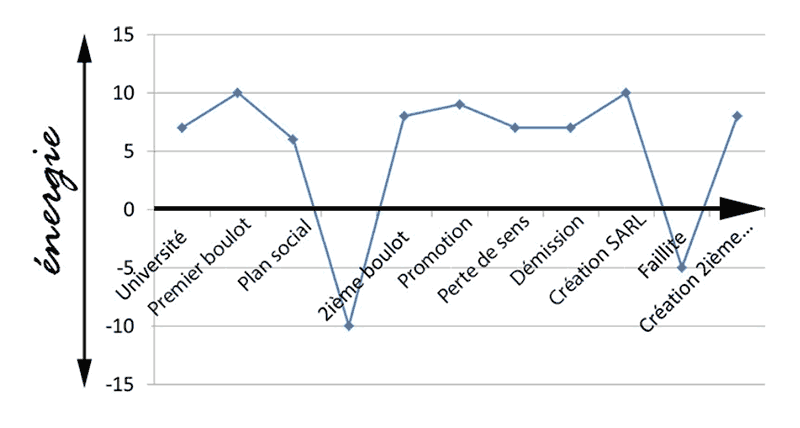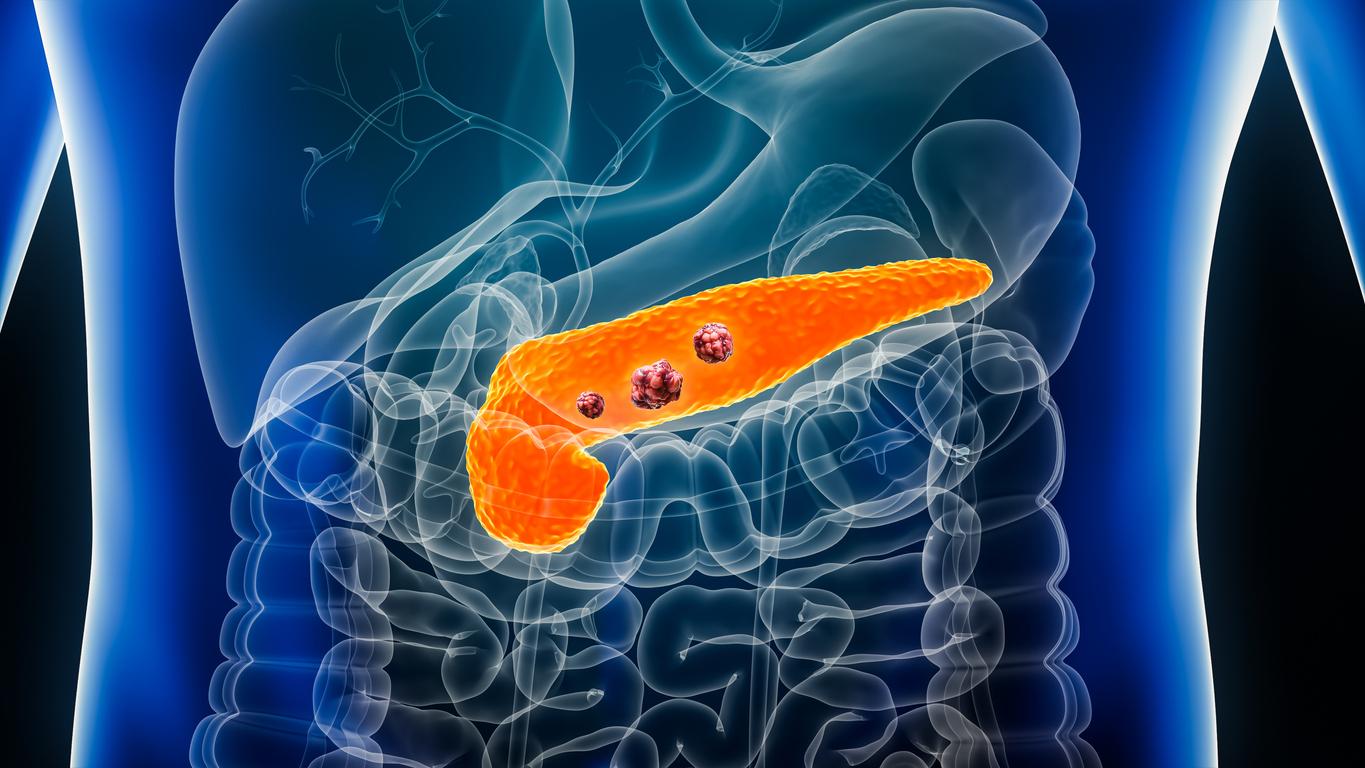Vitamins, proteins, minerals… Eggs contain many nutrients but they should be consumed in moderation.

- Eggs are foods with great nutritional value, particularly in proteins, vitamins, minerals, trace elements, etc.
- It is possible to eat five to six eggs per week for healthy people.
- On the other hand, for those with diabetes or uncontrolled hypercholesterolemia, it is better to limit yourself to three eggs maximum per week.
Per 100 grams of hard-boiled egg there are 13.5 grams of protein, according to the table of nutritional composition of foods Ciqualdeveloped by the National Food Safety Agency (ANSES).
Eggs, rich in proteins and vitamins
It is therefore a food very rich in proteins, which are particularly essential, always according to the Coves, for the renewal of muscle tissue, skin, hair, nails, body hair, etc. Currently, the protein nutritional reference for healthy adults (RNP) is 0.83 g/kg/d.
But this is not the only contribution of eggs. These contain a lot of vitamins (B, C, D, E, K), which are involved in many biological functionsnotably vision, the muscular, nervous, immune systems and even blood clotting.
Other elements provided by eggs: minerals and trace elements. According to UFC-Que Choisir“two eggs cover 20 to 30% of the daily needs for iron, iodine, selenium and phosphorus.”
Eggs also contain carotenoids, which are plant pigments responsible for the red, orange, yellow and green colors of fruits, vegetables, flowers and algae. These have antioxidant properties and, for certain carotenoids, they can also produce vitamin A which helps maintain vision and limit the risk of disease.
Finally, if the chickens are fed foods rich in Omega 3, like flax seeds, the eggs will also be rich! Omega 3 is a family of essential fatty acids necessary for the proper functioning of the human body.
Five to six eggs per week for healthy people
What, for a long time, gave this food a bad press is the cholesterol it contains: 355 milligrams per 100 grams of hard-boiled egg. However, recent studies have put the reputation of eggs into perspective.
Work published in the journal American Journal of Clinical Nutritionshowed that eating up to 12 eggs per week for six months did not increase cardiovascular risk factors in people with pre-diabetes and type 2 diabetes.
In addition, another study, published in the journal British Medical Journal shows that reasonable consumption of eggs (up to one per day) would reduce the risk of heart disease.
“We can eat five to six eggs a week without any problem,” explains Corinne Chicheportiche-Ayache, nutritionist, to West Francespecifying that people with diabetes or suffering from uncontrolled hypercholesterolemia should not “not exceed two to three eggs per week.”


















